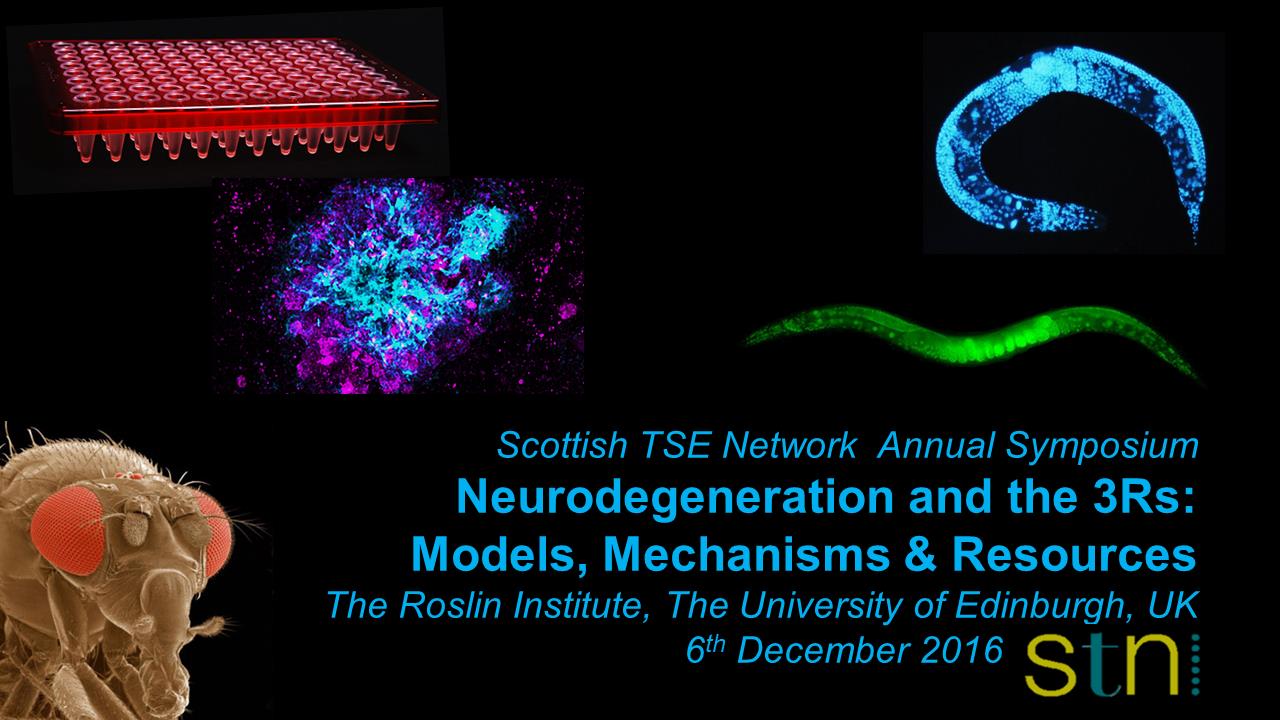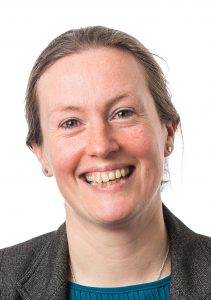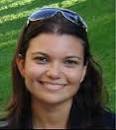Mental health: What presents has neuroscience left under the Christmas tree?
Mental health: What presents has neuroscience left under the Christmas tree?
12th December – KCL, London
The burden of mental health disorders continues to grow with a huge impact on individuals, families, and healthcare provision. This year’s British Neuroscience Association (BNA) Christmas Symposium, held at London’s KCL, will bring together leading researchers to describe what neuroscience has contributed to the diagnosis, management and treatment of mental health disorders.
For more information, visit the British Neuroscience Association.


 successful rowing coach with wins at national and international level. She regularly speaks at conferences and universities as a specialist lecturer or guest speaker and is a contributing author to a number of business books including the Association for Coaching’s Psychometrics in Coaching and Leadership Coaching.
successful rowing coach with wins at national and international level. She regularly speaks at conferences and universities as a specialist lecturer or guest speaker and is a contributing author to a number of business books including the Association for Coaching’s Psychometrics in Coaching and Leadership Coaching.